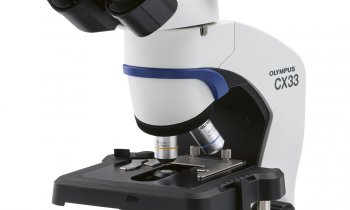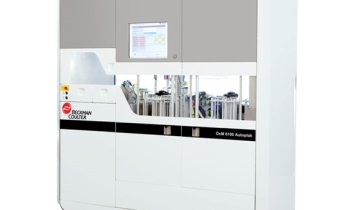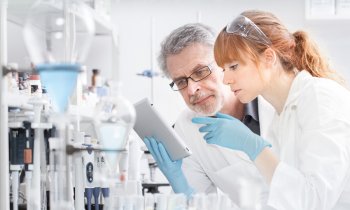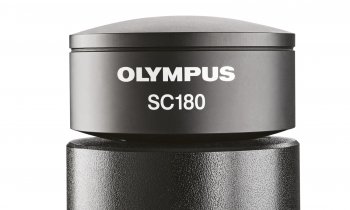Euromedlab 2009
"In-vitro veritas", the slogan of the 18th European Congress of Clinical Chemistry and Laboratory Medicine, which took place in June, underlined the significance of in vitro diagnostics for healthcare, and the presentations by 90 speakers, in 32 scientific sessions and 29 industry sponsored workshops, demonstrated the rich variety of developments.
In the trade fair section, covering 2620 sq ms, about 69 companies also demonstrated important aids for laboratory work. ‘Laboratory medicine influences 70% of clinical decisions in healthcare. Therefore, laboratory medicine specialists have a responsibility to add value to the data they produce in the interests of improving patient outcomes,’ said Graham Beastall, President of International Federation of Clinical Chemistry and Laboratory Medicine.
Population studies
Dr M J McQueen, Professor of Pathology and Molecular Medicine at McMasters University, Hamilton, Ontario, Canada, lectured about the contributions to and gain of knowledge of participating in large clinical studies, or population studies, by diagnostic laboratories. The truly valuable contribution of lab medicine lies in the contributions that tests may make in the screening, diagnosis, management, risk prediction, and risk stratification of disease, and in health promotion, he pointed out. In return, population studies and clinical trials also provide opportunities for the clinical laboratory to acquire expertise and credibility in the rapidly expanding field of genetics and, at the same time, bring to this a unique and established understanding of high quality, high throughput testing.
The environment
Dr Paolo Mocarelli, Professor of Clinical Biochemistry at the Medical School, University Milano-Bicocca, Italy, summarised the increasing role of laboratory diagnostics in the analysis of the impact of environmental factors on human health and disease, as some environmental pollutants (dioxin etc) can interfere with organ development, inducing permanent damages even after decades. A great area of research centres on the discovery of early indicators of toxic environmental effects. Due to the ability to measure molecules in the order of femtomoles, a new field is opening up — to study interactions of low doses of environmental pollutants in one person to assess individual susceptibility.
Proteomics
The ‘Proteomics and disease roundup’ session produced an exciting perspective of the future of laboratory diagnostics, such as the development of a human protein atlas (www.proteinatlas.org). Protein Epitope Signatures Tags were used to generate a spectrum of antibodies to localise the wealth of human proteins in tissues and cells of normal and cancer origin. Images and data from protein profiling of more than 6,000 antibodies are compiled in this protein atlas. Each image has been carefully annotated by pathologists to provide a knowledge base for functional studies and to allow searches and queries about protein profiles in normal and disease tissue. It is believed that the strategy of combining immuno-histochemistry and tissue micro-array technology can be used to identify and evaluate novel disease markers with potential clinical importance.
To investigate the spectrum of antibodies in particular autoimmune diseases protein micro-array with thousands of recombinant proteins were reportedly spotted and assayed against patient sera, with the aim to select a limited number of epitopes for the development of macro-arrays. In future, these will be used in clinical applications leading to antibody signatures specific for particular autoimmune diseases. The aim is to use this strategy to define even early stages of autoimmune diseases. Thus, the road is paved to the development of novel diagnostic tools.
Breast cancer
Novel tumour markers were reportedly identified via 2-D electrophoresis spot analysis of surgical specimen and normal tissues. Thus, the definition of breast carcinoma protein signatures will enable diagnosis of staging and types of breast cancer, progression, stratification and targeted therapy.
Diary date: EuroMedlab 2011
15-20 May. Berlin, Germany
01.07.2009











